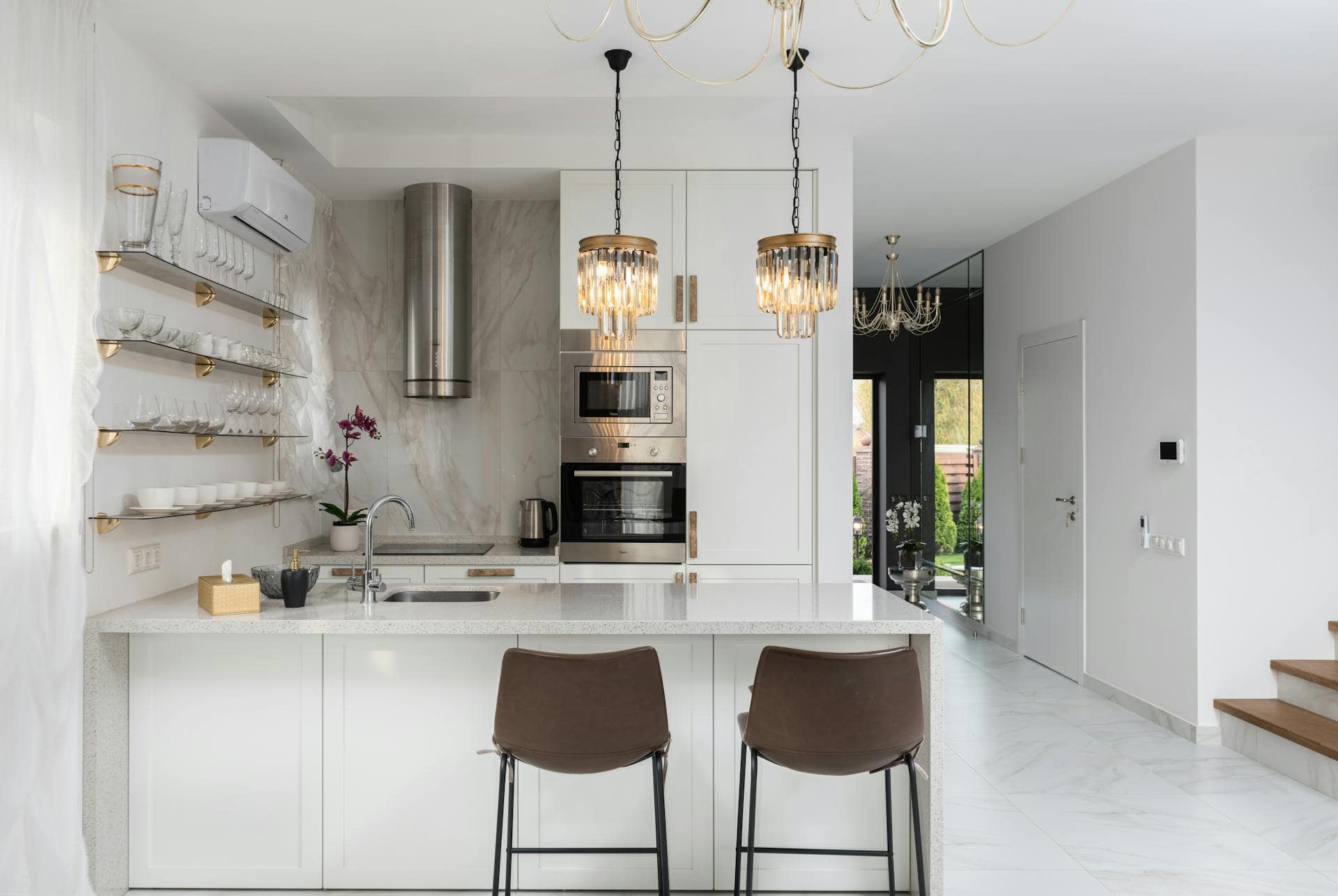
Question: Do Built-In Refrigerators Add Value?
Answer: Yes, built-in refrigerators often add value. They’re viewed as a premium appliance, offering a sleek, integrated look that many buyers appreciate, potentially increasing resale value.
Built-In Refrigerators: Investment or Expense?
Do built-in refrigerators add value? Homeowners often face this question when renovating or building a kitchen. A built-in refrigerator integrates seamlessly with cabinetry, creating a streamlined, high-end look. This premium aesthetic often comes with a premium price tag. This article explores the potential return on investment, weighing the advantages and disadvantages to help you decide if a built-in refrigerator is right for you. Understanding the market, your budget, and your personal preferences is crucial. This article provides you with the information you need to make an informed choice. We’ll examine the impact on resale value, explore installation considerations, and assess the features and functionality of these appliances.
We will analyze the factors influencing value, including the housing market, neighbourhood demographics, and current kitchen trends. We will also consider potential drawbacks, such as higher upfront costs and limited flexibility in future appliance replacements. By the end of this article, you will have a clear understanding of the potential benefits and drawbacks of investing in a built-in refrigerator, empowering you to make a confident decision for your home.
Resale Value: A Boost or a Bust?
Built-in refrigerators can contribute to a higher perceived value of a home, appealing to buyers seeking a modern and luxurious kitchen. They offer a clean, integrated look that elevates the entire kitchen’s aesthetic. This integration contributes to a sense of high-end design, a feature many homebuyers find appealing. However, the actual impact on resale value depends on various factors. Market conditions play a significant role. In a strong real estate market, premium features like built-in appliances often attract buyers willing to pay a premium.
The neighbourhood also influences the return on investment. In upscale neighbourhoods where high-end kitchens are the norm, a built-in refrigerator can be a key selling feature. In more budget-conscious areas, the added expense might not translate into a significant increase in resale value. Ultimately, the impact of a built-in refrigerator on resale value requires careful consideration of the specific market conditions and neighbourhood demographics.
Click here for more information on kitchen cabinet refinishing Toronto
Related Article: Can You Use a Built-In Fridge as a Stand-Alone?
Related Article: What Is the Life Expectancy of a Built-In Refrigerator?
Features and Functionality: Beyond the Flush Fit
Built-in refrigerators often offer a variety of features beyond their integrated design. Many models boast advanced cooling technologies, ensuring optimal food preservation. These features may include dual evaporators, precise temperature control, and specialized compartments for different food types. Several built-in refrigerators incorporate smart technology. This integration allows for remote control and monitoring via smartphone apps, adding convenience and efficiency to kitchen management.
While these advanced features enhance convenience and performance, they also contribute to the higher price point. Evaluating your needs and prioritizing essential features can help you select a model that balances functionality and affordability. Consider factors such as storage capacity, energy efficiency, and available technology options. Carefully assessing these factors empowers you to choose a built-in refrigerator that aligns with your lifestyle and budget.
Space Considerations: Maximizing Kitchen Layout
Built-in refrigerators, by design, integrate seamlessly with your cabinetry, maximizing kitchen space. This integration creates a flush, streamlined appearance, optimizing the flow and functionality of your kitchen. This can be particularly advantageous in smaller kitchens where every square inch counts. However, it’s essential to consider the specific dimensions of your kitchen and the available space for the refrigerator.
Careful planning and precise measurements are crucial for a successful installation. Ensure the chosen model fits comfortably within the allocated space, allowing for proper ventilation and accessibility. Consider the swing direction of the doors and the available clearance for opening and closing. Addressing these space considerations will ensure a functional and aesthetically pleasing integration of your built-in refrigerator within your kitchen layout. This careful planning helps optimize space utilization and enhances the overall functionality of your kitchen.
Maintenance and Repairs: Long-Term Costs
Built-in refrigerators, like any appliance, require regular maintenance. Cleaning condenser coils and ensuring proper ventilation are crucial for optimal performance and longevity. While built-in models often offer high-quality construction, repairs can be more complex and potentially more expensive due to their integrated design. Accessing internal components for repairs may involve disassembling parts of the cabinetry, adding to the labour costs.
It’s essential to factor in potential long-term maintenance and repair costs when considering a built-in refrigerator. Researching the reliability and warranty offered by different manufacturers can help you make an informed decision. Investing in a reputable brand with a good track record can minimize the risk of costly repairs and ensure the long-term functionality of your built-in refrigerator.
Conclusion
The decision to invest in a built-in refrigerator hinges on a careful evaluation of your needs, budget, and long-term goals. While built-in refrigerators offer a sleek, integrated look and often boast advanced features, they come with a higher price tag and specialized installation requirements. Consider the potential impact on your home’s resale value, but remember that this depends heavily on market conditions and neighbourhood demographics. Assess the available space in your kitchen and ensure it accommodates the dimensions of your chosen model.
Reflect on your lifestyle and cooking habits. Do the advanced features and integrated design align with your needs, or would a standard freestanding refrigerator suffice? By weighing the pros and cons, you can make an informed decision that aligns with your budget, lifestyle, and long-term homeownership goals. Ultimately, the question “Do built-in refrigerators add value?” depends on your individual circumstances and priorities.

Blue Malue Get in touch with Blue here.
